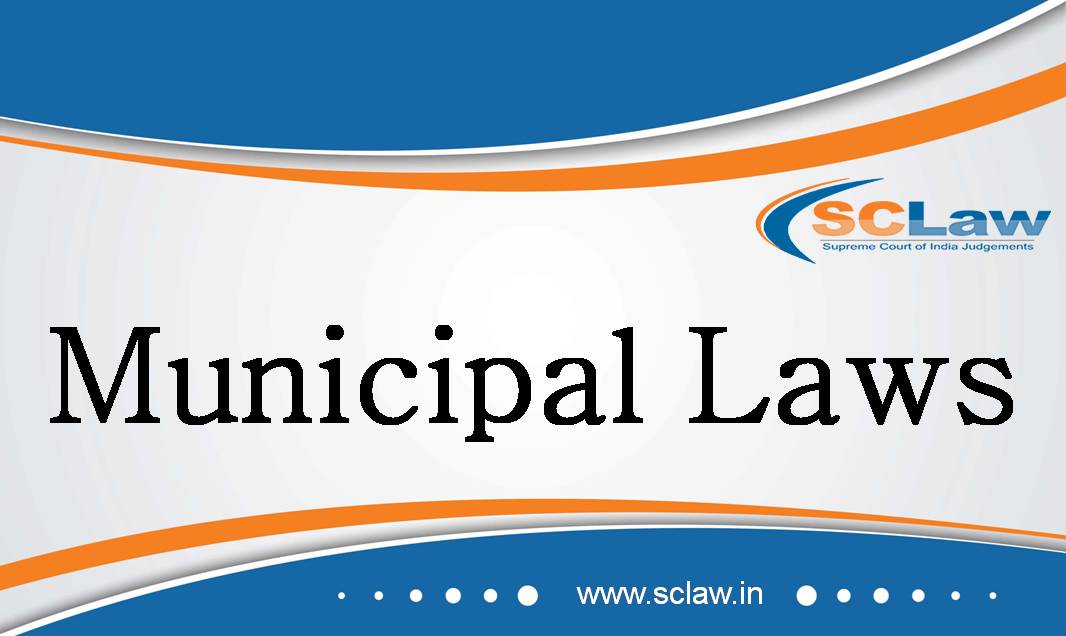Murder—Injuries on Accused—No investigation in cross case—It causes serious prejudice to accused—Accused acquitted on benefit of doubt Statement of Accused—Burden of Proof—The fact that a defence may not have been taken by an accused under S.313 Cr PC cannot absolve the prosecution from proving its case beyond all reasonable doubt
2019(3) Law Herald (SC) 2132 : 2019 LawHerald.Org 1340 IN THE SUPREME COURT OF INDIA Before Honble Mr. Justice Ashok Bhushan Hon’ble Mr. Justice Navin Sinha Criminal Appeal No (s).…
Murder—Delay in recording statement of eye witness—Even though they were available and police knew that they were alleged eye witnesses-Accused acquitted Murder—Non proving of blood group of recovered blood stains—It may assume importance where the accused pleads a defence or alleges mala fides or fabricating the evidence on the part of the prosecution, to wrongly implicate him
(2019) 10 SCALE 415 : 2019(3) Law Herald (SC) 2123 : 2019 LawHerald.Org 1337 IN THE SUPREME COURT OF INDIA Before Hon’ble Mr. Justice N.V. Ramana Hon’ble Mr. Justice Mohan…
Culpable Homicide—Where a mutual conflict develops and there is no reliable and acceptable evidence as to how it started and as to who was the aggressor, it would not be correct to assume private defence for both sides—It would be a case of sudden fight
(2019) 10 SCALE 690 : 2019(3) Law Herald (SC) 2097 : 2019 LawHerald.Org 1335 IN THE SUPREME COURT OF INDIA Before Hon’ble Mr. Justice Abhay Manohar Sapre Hon’ble Mr. Justice…
Transfer of Property—Appellants have been granted right to use passage in the sale deed—Such right cannot be extinguished by execution of another sale deed of common passage and conferring its exclusive rights to some other party
2019(3) Law Herald (SC) 2091 : 2O19 LawHerald.Org 1261 IN THE SUPREME COURT OF INDIA Before Hon’ble Mr. Justice L. Nageswara Rao Hon’ble Mr. Justice Hemant Gupta Civil Appeal Nos.…
First Appeal—First appellate court must analyse the entire evidence produced by the concerned parties and express its opinion in the proper sense of the jurisdiction vested in it and by elucidating, analysing and arriving at the conclusion that the appeal is devoid of merit.
2019(3) Law Herald (SC) 2083 : 2019 LawHerald.Org 1260 (2019) 3 JLJR 229 : (2019) 3 PLJR 311 : (2019) 8 SCALE 608 : (2019) 7 SCC 300 IN THE…
Christian Law—Adoption—In Christian personal laws, there is no prohibition against adoption by couple even if they have natural born child
2019(3} Law Herald (SC) 2073 : 2019 LawHerald.Org 1259 : (2019) 5 MLJ 551 : (2019) 3 RCR(Civil) 574 : (2019) 8 SCALE 588 IN THE SUPREME COURT OF INDIA…
Service Law—Age Relaxation—A candidate who has availed of age relaxation in the selection process as a result of belonging to a reserved category cannot, thereafter, seek to be accommodated in or migrated to the general category seats
2019(3) Law Herald (SC) 2065 : 2019 LawHerald.Org 1258 (2019) 2 OriLawRev 241 : (2019) 9 SCALE 17 : (2019) 7 SCC 383 : (2019) 3 SCT 359 IN THE…
Motor Vehicles Act, 1988 – Sections 112, 132(1)(c), 133, 134, 183, 184, 185, 186, 187, 188, 208, 208(3), 209 – Penal Code, 1860 (IPC) – Sections 5, 279, 304 Part II and 304A IPC -………….we set aside the directions issued by the Gauhati High Court to the States of Assam, Nagaland, Meghalaya, Manipur, Tripura, Mizoram and Arunachal Pradesh to issue appropriate instructions to their subordinate officers to prosecute offenders in motor vehicle accidents only under the provisions of the Motor Vehicles Act, 1988 and not the IPC.
SUPREME COURT OF INDIA DIVISION BENCH THE STATE OF ARUNACHAL PRADESH — Appellant Vs. RAMCHANDRA RABIDAS @ RATAN RABIDAS AND ANOTHERS — Respondent ( Before : Indu Malhotra and Sanjiv…
Penal Code, 1860 (IPC) – Sections 498A, 306, 323 and 149 – Dowry Prohibition Act, 1961 – Sections 3 and 7 – Committed suicide – Reliance cannot be placed on the sole testimony of PW1, on the basis of which the Appellant was convicted under Sections 498A, 114 and 323 as there is no corroboration by PW4 who is alleged to have given the information to him. Other than the above allegation, the Appellant stands on the same footing as of Accused Nos. 3, 4 and 5 who have been acquitted by the High Court. As the accusation of the physical assault by the appellant on the deceased is not proved, he is entitled to be acquitted.
SUPREME COURT OF INDIA DIVISION BENCH KANTILAL — Appellant Vs. THE STATE OF GUJARAT — Respondent ( Before : L. Nageswara Rao and Hemant Gupta, JJ. ) Criminal Appeal No.…
Underground sewer Scheme -……..we deem it appropriate for the State Government to consider and approve the sewer Scheme for Yeola Municipal Council.
SUPREME COURT OF INDIA DIVISION BENCH M/S. MADHOOR BUILDWELL PRIVATE LIMITED — Appellant Vs. YEOLA MUNICIPAL COUNCIL AND OTHERS — Respondent ( Before : L. Nageswara Rao and Hemant Gupta,…











